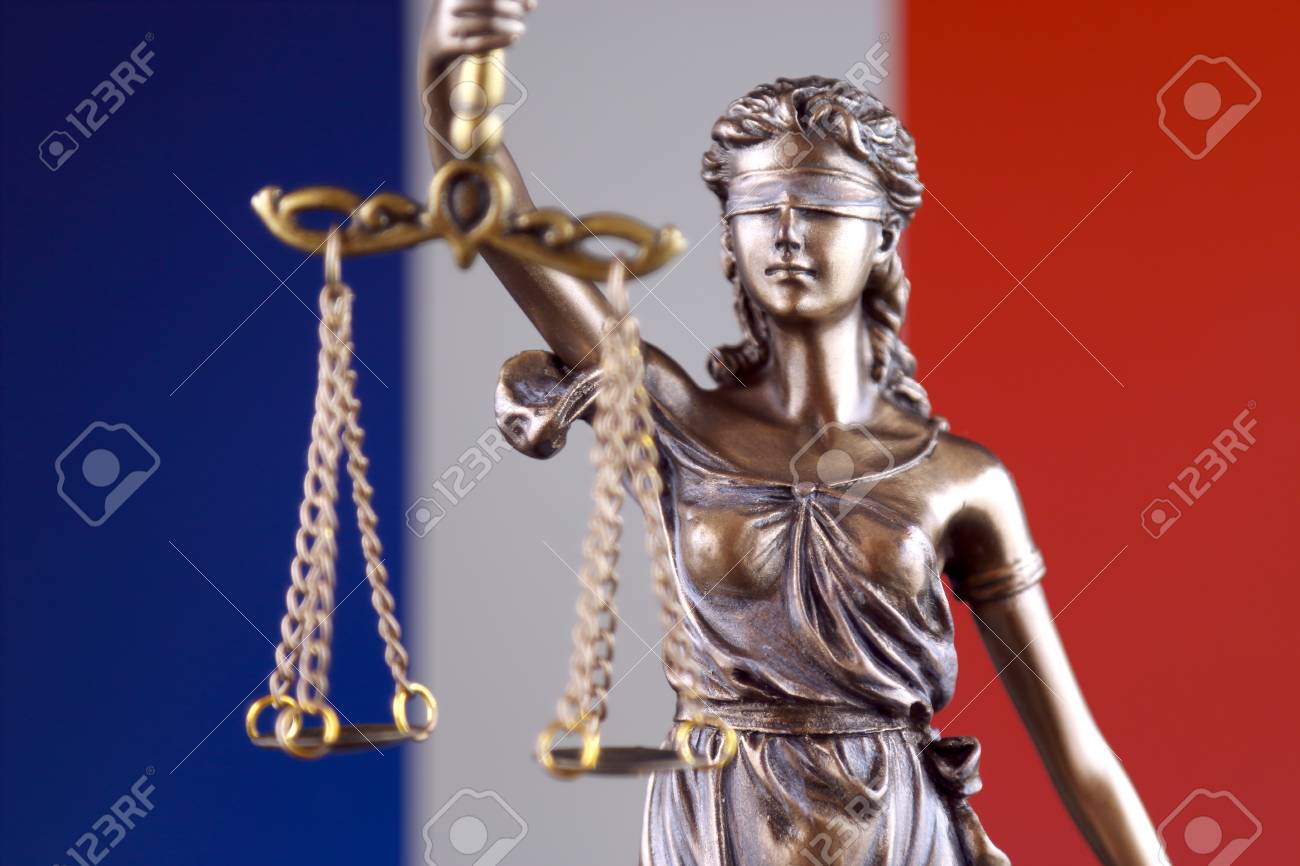Napoleon revived some of the glamor of the Old Regime but not its glaring inequalities. His series of law codes, the Code Napoleon (1804-1810), declared all men equal before the law without regard to rank and wealth.
It extended to all the right to follow the occupation and embrace the religion of their own choosing. It gave France the single coherent system of law that the philosophes had demanded and that the revolutionary governments had been unable to formulate.
The Code Napoleon did not, however, embody the full judicial reform program of the Enlightenment. It favored the interests of the state over the rights of the individual, and it permitted some use of torture in trial procedure.
Judges were appointed by the emperor; jurors were selected by his prefects. Though Napoleon confirmed the revolutionary legislation permitting divorce by mutual consent, the code canceled other revolutionary laws protecting wives, minors, and illegitimate children, and restored the man of the family to his former legal superiority. It also restored slavery in French colonies.
Ambiguity also clouded Napoleon’s attitude toward civil liberties. Although he prided himself on welcoming former political heretics into his administration, his generosity always stemmed from expediency, never from fundamental belief in liberty. If he failed to get his way by conciliation, he used force.
In the western departments, where royalist uprisings had become chronic, he massacred rebels who declined his offer of amnesty in 1800. In 1804 he kidnapped a Bourbon prince from the neutral German state of Baden because the prince was believed to be the choice of monarchist conspirators for the throne of France. Though Napoleon immediately discovered the prince’s innocence, he had him executed nonetheless.

